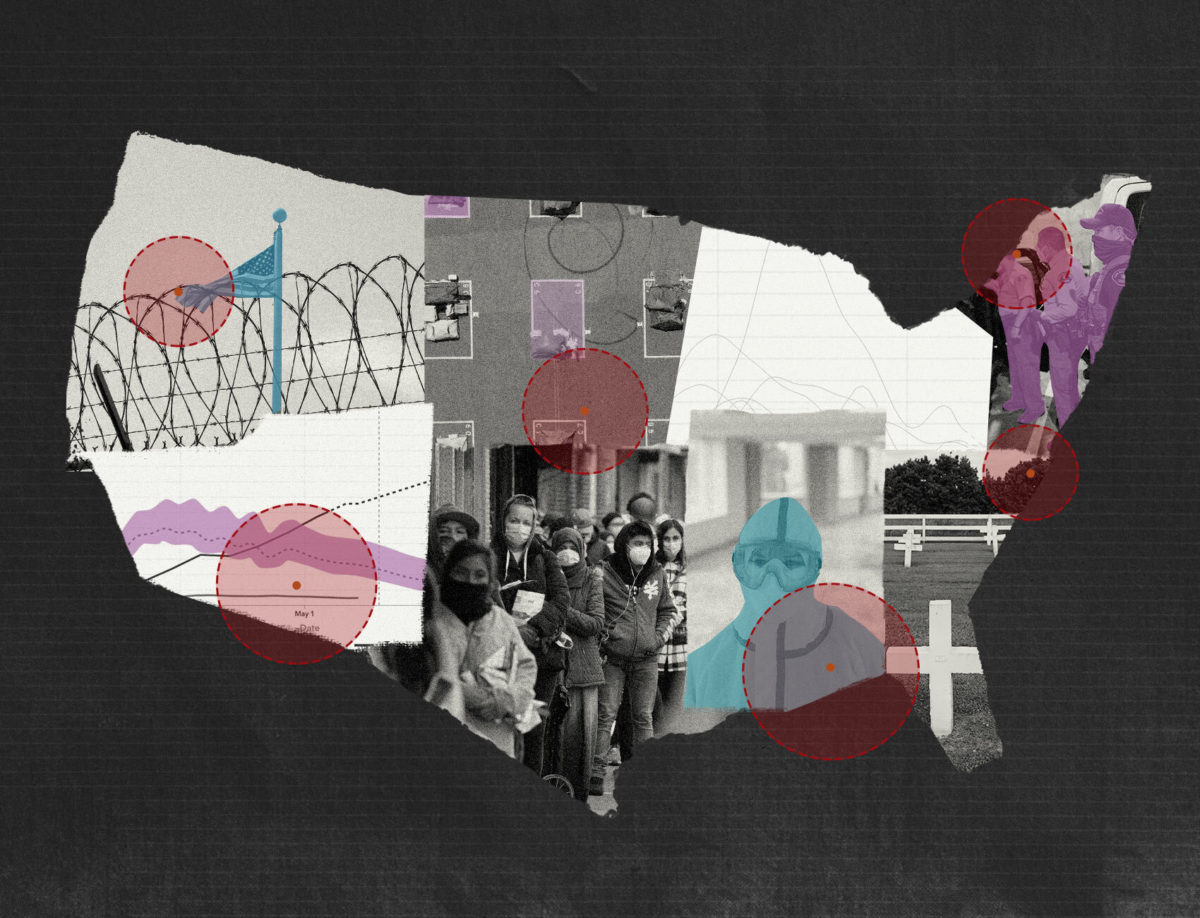
Coronavirus In Jails And Prisons
Gov. Ron DeSantis ignores calls to release elderly people from Florida prisons, quarantines are no longer hampering California prison fire crews, and an update to our ongoing COVID-19 outbreak map.

Gov. Ron DeSantis ignores calls to release elderly people from Florida prisons, quarantines are no longer hampering California prison fire crews, and an update to our ongoing COVID-19 outbreak map.

Amid ongoing COVID-19 outbreaks in state prisons, Oregon lawmakers grapple with decarceration plans; the Sacramento County Sheriff won’t share infection data with the oversight board; and Oklahoma corrections officials use CARES Act money to ’boost morale’.

California prison watchdog finds lapses in COVID-19 screening procedures, the ‘trailer jails’ that officials in one Missouri county praised as ‘innovative’ are the site of an outbreak, and the U.S. Marshals Service is blamed for spreading infections among federal detention facilities.

Newspaper fearmongers around releasing people from prison due to COVID-19, oversight agency urges state DOC to ease restrictions on people in prison who have faced months of lockdown due to pandemic, sheriff orders staff not to wear masks.

New outbreaks continue to hit California prisons, advocates have harsh words for the Federal Bureau of Prisons, and a longtime journalist weighs in on a sheriff’s decision to take a battle with the ACLU to the Supreme Court.
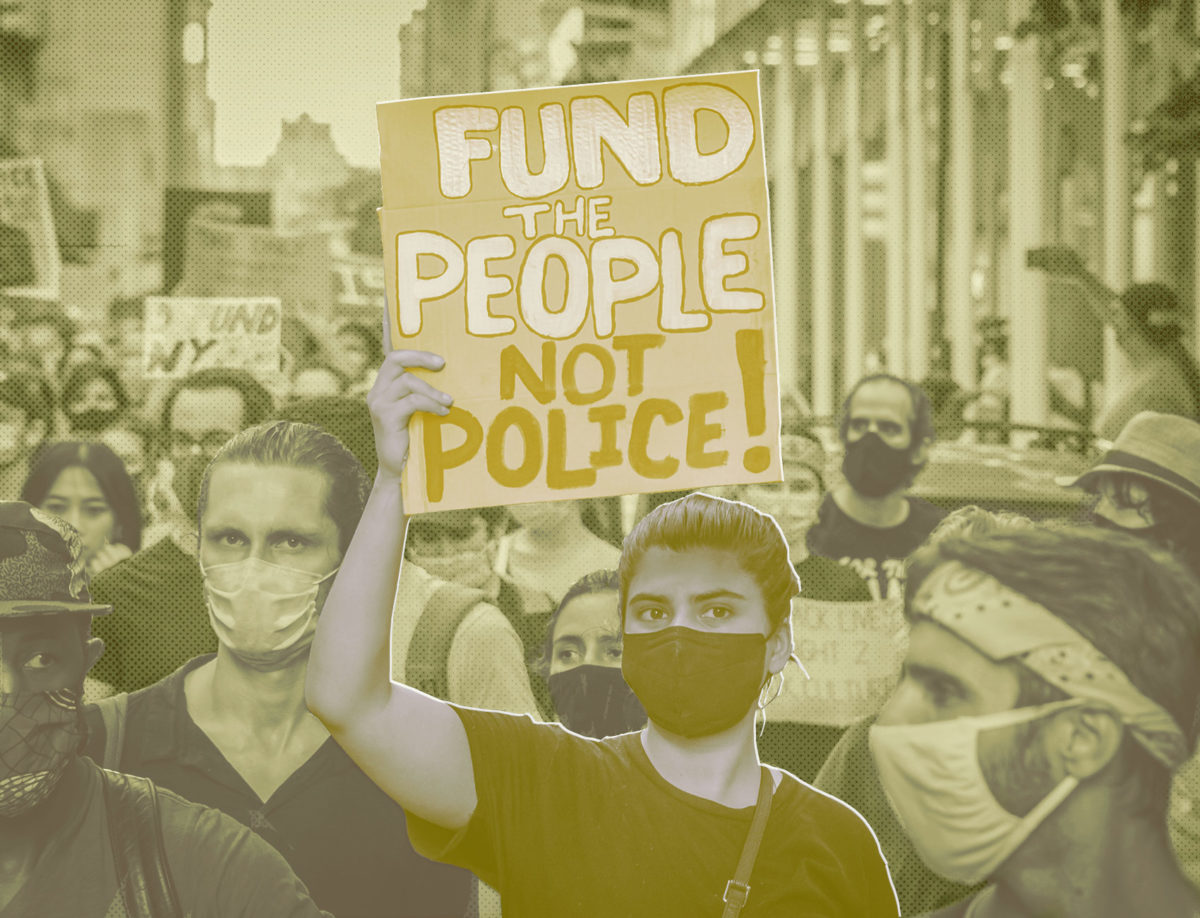
In difficult moments like this, we can’t let bad faith attacks set our community back. What our families need are resources and investment, not more police on the streets.

A new research project aims to better understand how COVID-19 spreads through jails, the virus continues to sweep through California’s death row, and federal prison employees are suing for hazard pay.
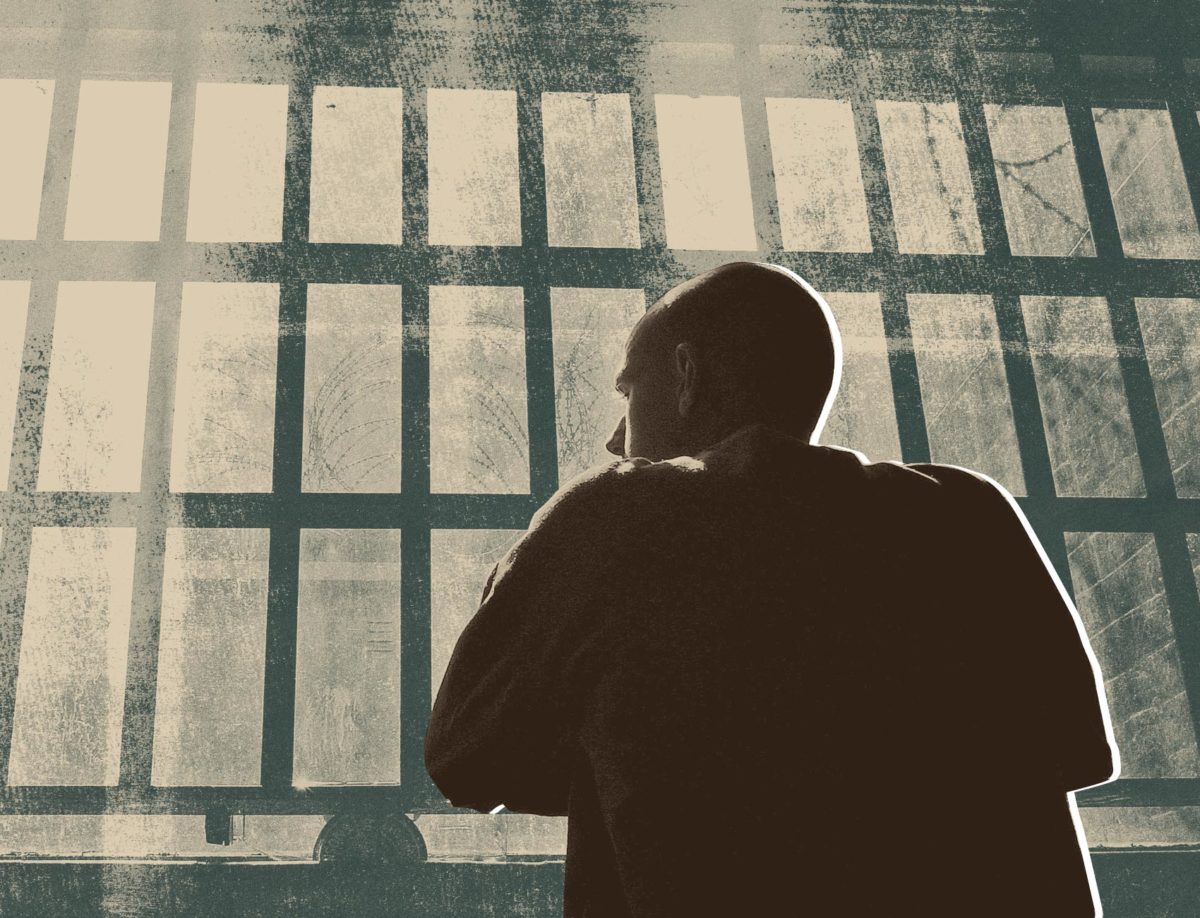
If the bill is signed into law later this month, about 20 percent of the state’s prison population could see their sentences reduced to fight the spread of the novel coronavirus, including some people who have served lengthy sentences for violent crimes.
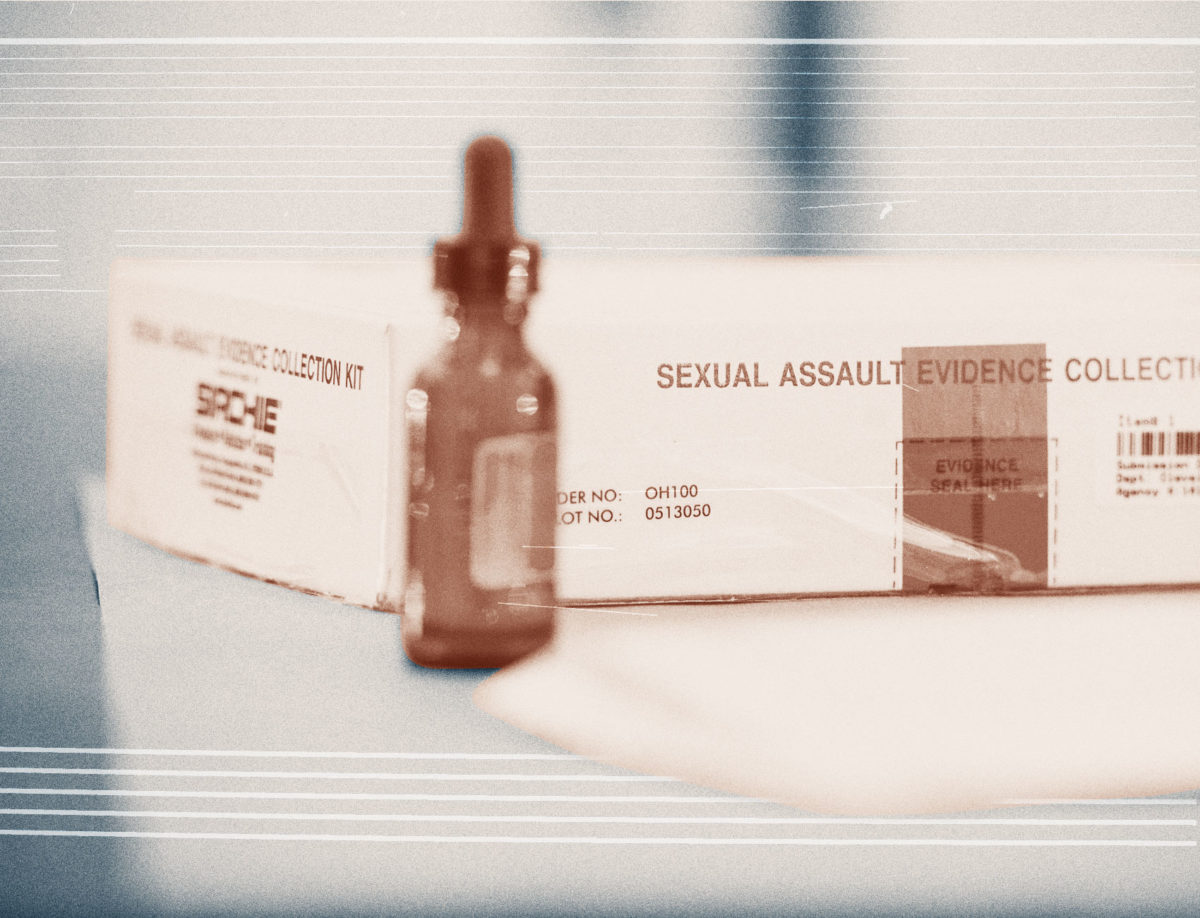
In New York, fewer people who have experienced sexual assault or rape have sought forensic exams at hospitals during the pandemic. But advocates suggest that’s not evidence of declining sexual violence.

Attorneys file a class-action lawsuit over the outbreak at a California forensic psychiatric hospital, cases increase among Vermont prisoners sent to Mississippi, plus a map of new cases.
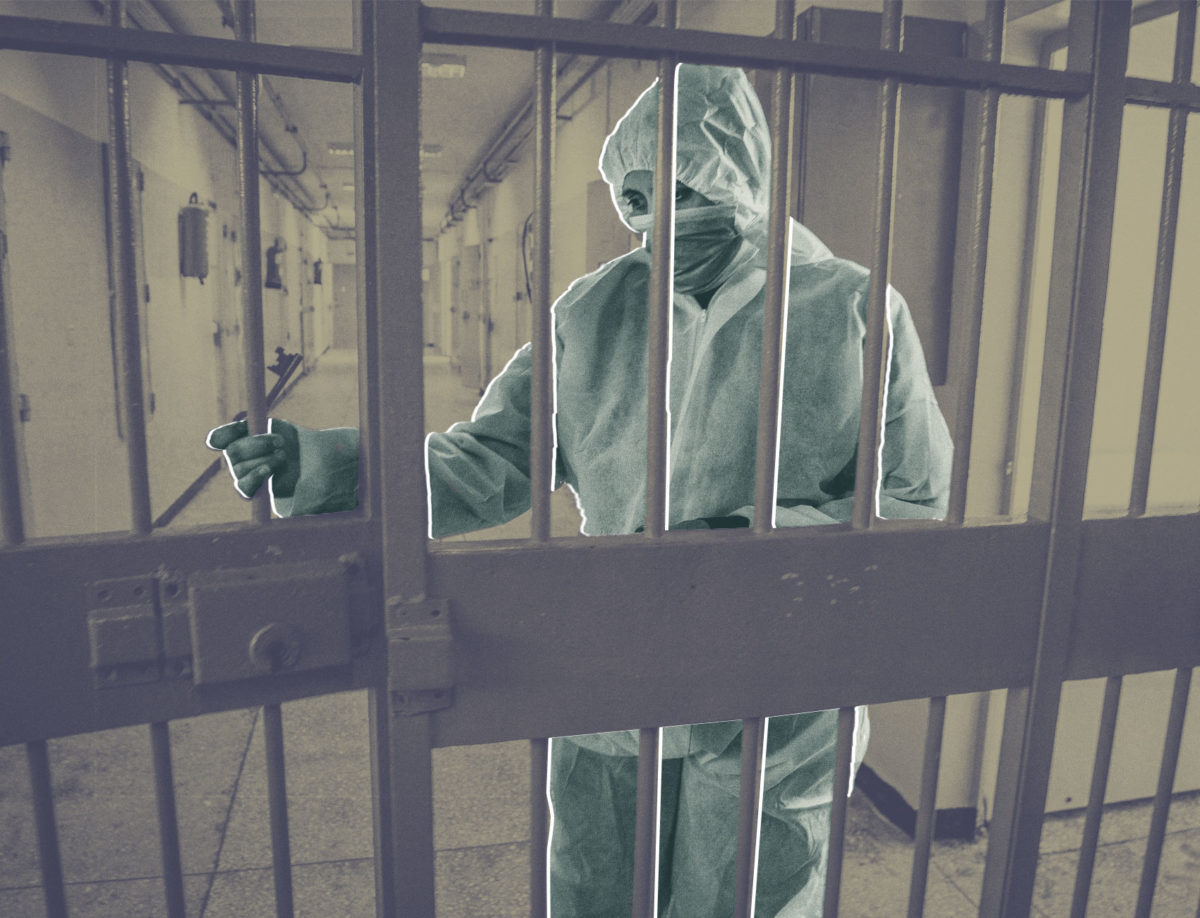
They shared their stories as part of a lawsuit seeking urgent changes to protect prisoners. One prisoner wrote that a jail officer denied his request for a mask, so he tied old underwear around his face.
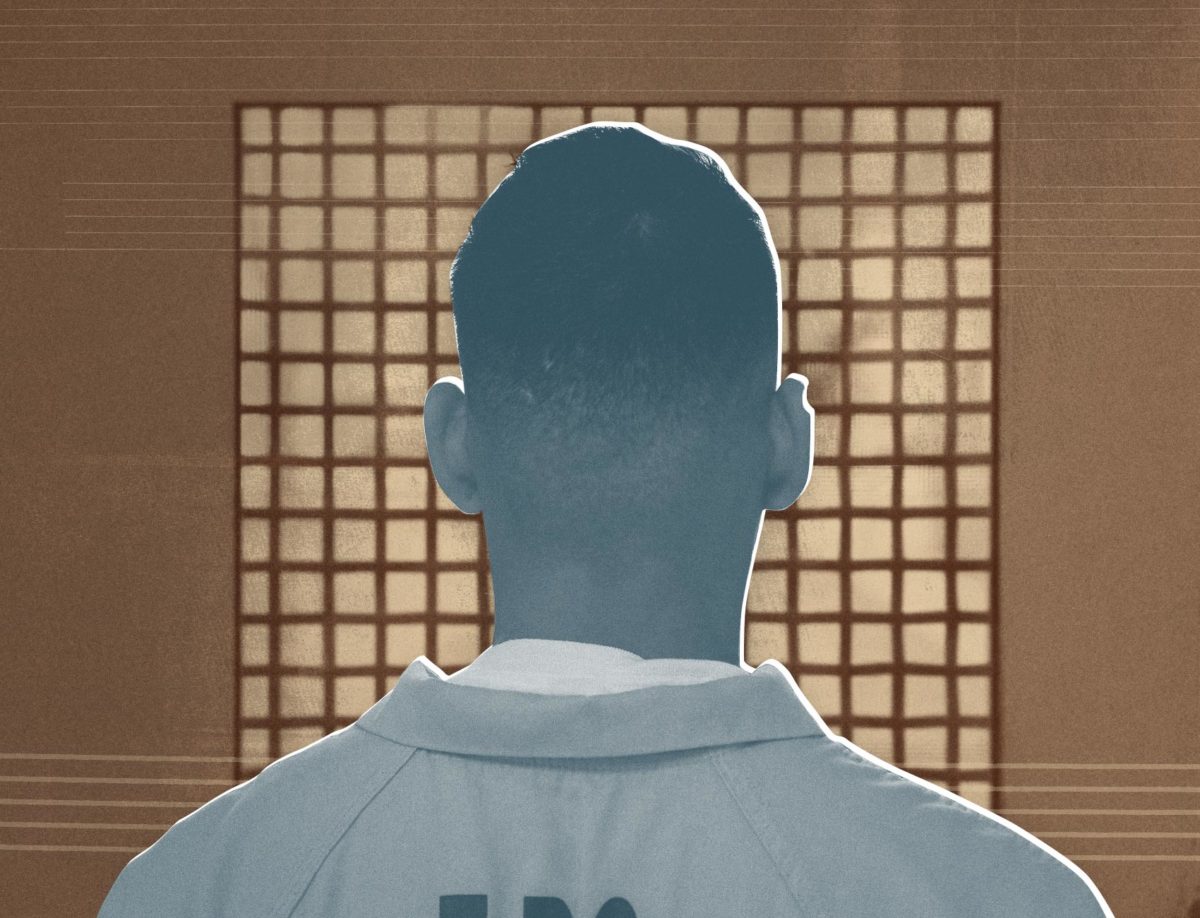
Despite the growing consciousness around the need for reforms, thousands of prisoners who might also deserve clemency or early release are slipping through the cracks.

Amid sustained lockdowns and deteriorating conditions, prisoners and guards are reaching a breaking point; a new study shows decarceration is slowing amid increasing outbreaks in detention facilities; and HuffPost interviews a Rikers Island whistleblower.
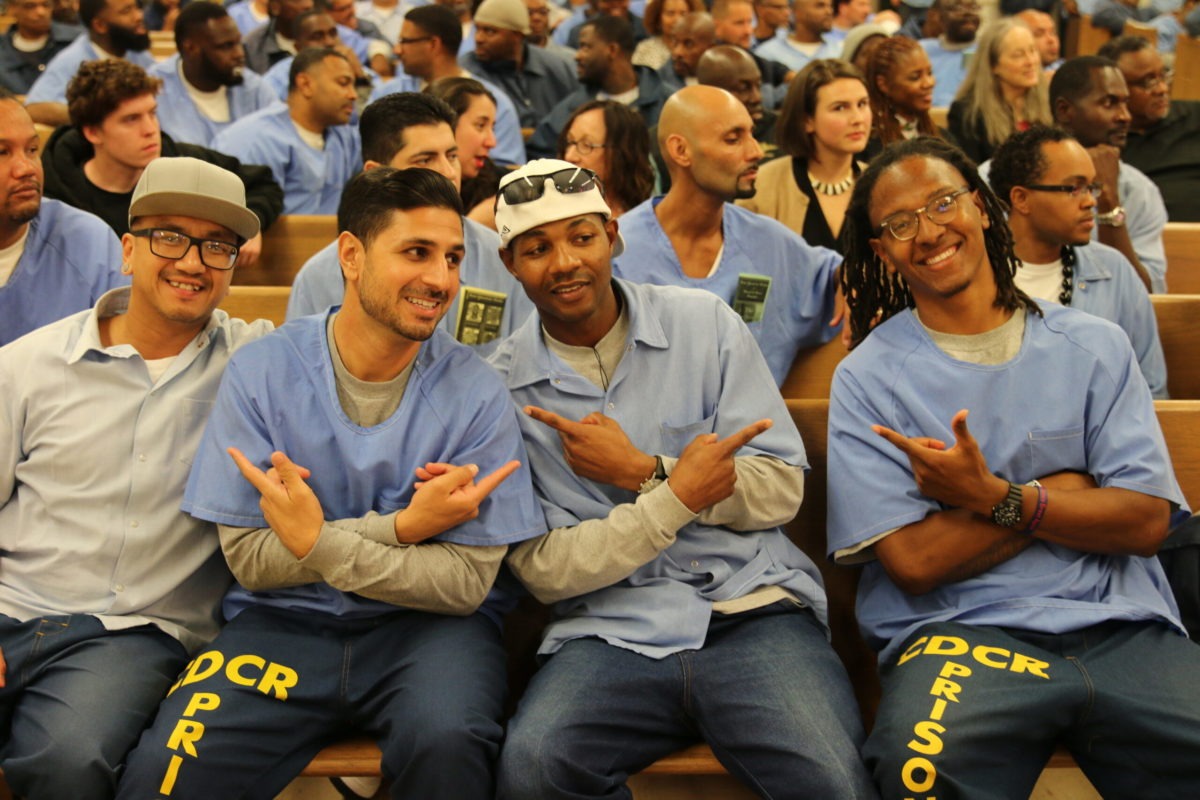
Incompetence and inaction by California’s leaders are driving illness and death inside the state’s prison system.
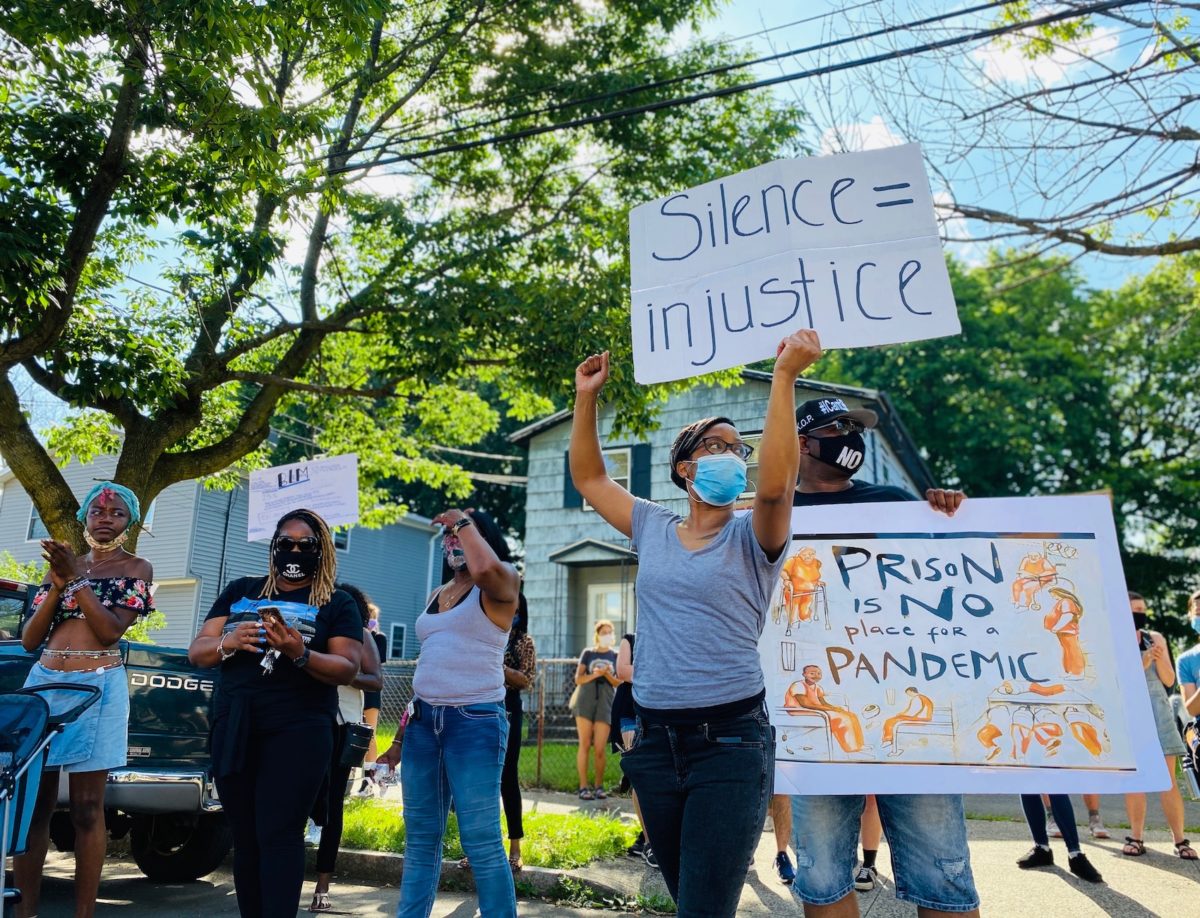
According to people incarcerated and their loved ones, state officials are ignoring the spread of COVID-19 at New Haven Correctional Center.
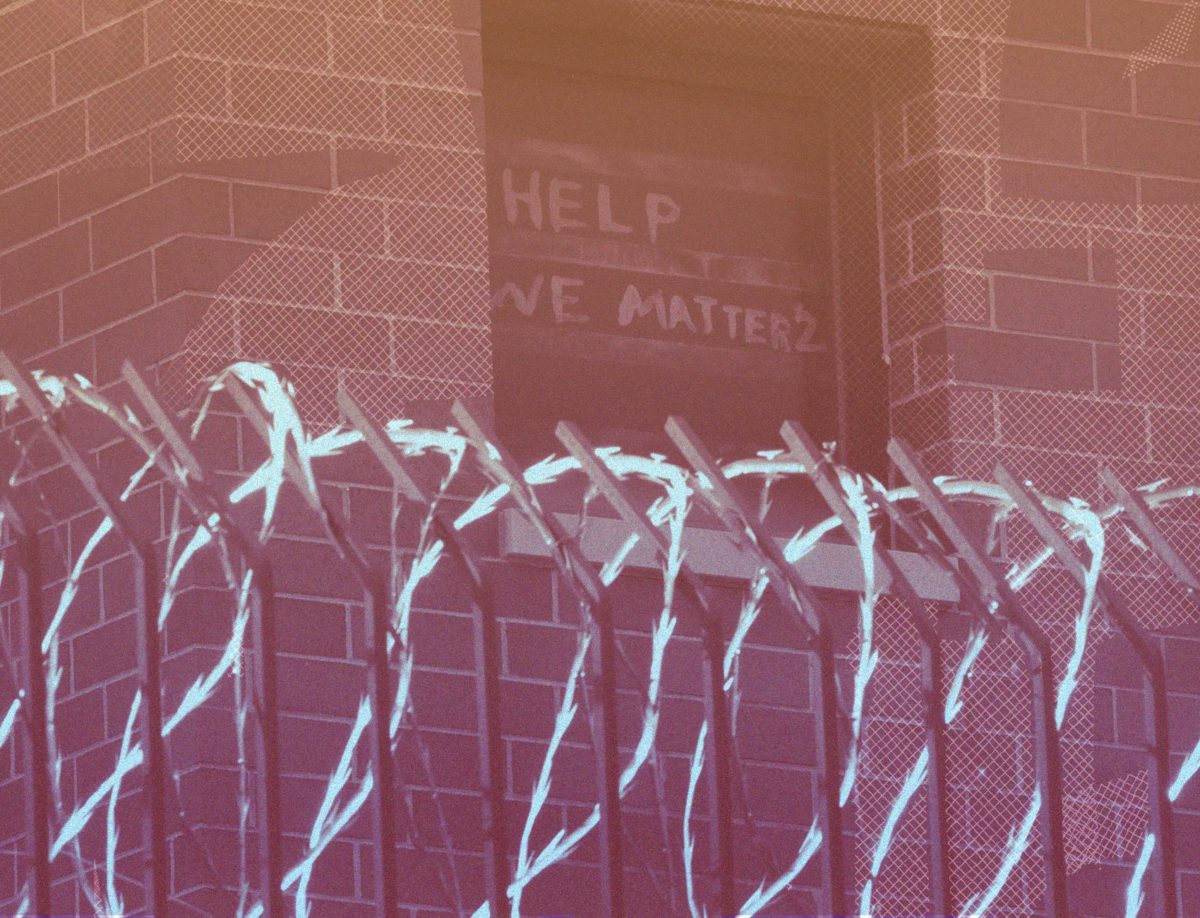
A deadly pandemic should not be used as a bargaining chip against poor, detained people charged with crimes.

Dozens of Vermont prisoners sent to an out-of-state private prison test positive for COVID-19, new study shows the prison infection rate is more than four times the general public’s, and Jay-Z’s Team Roc sues a Mississippi prison over “sub-human and deplorable” conditions.
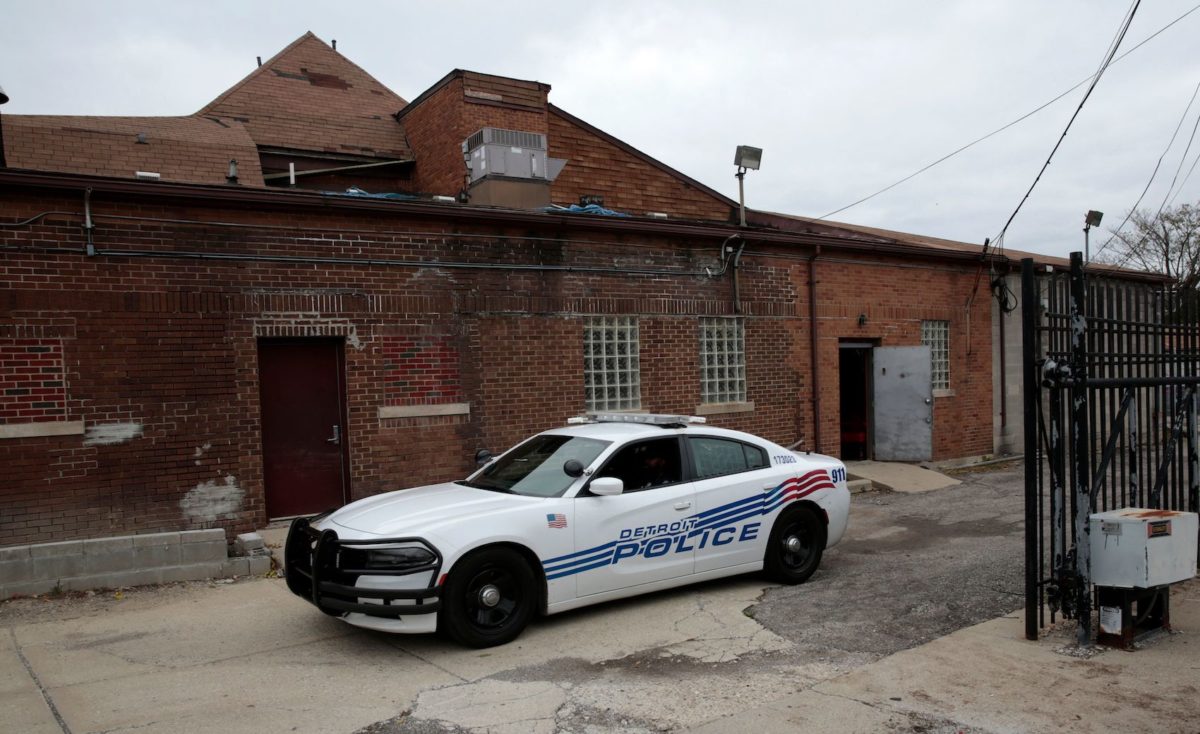
Lawyers and activists are calling on prosecutor Kym Worthy to dismiss charges against those who have been arrested. As of July 29, 451 Detroiters had been arrested for violating Michigan’s concealed carry law, an increase of 190 percent compared to July 2019.
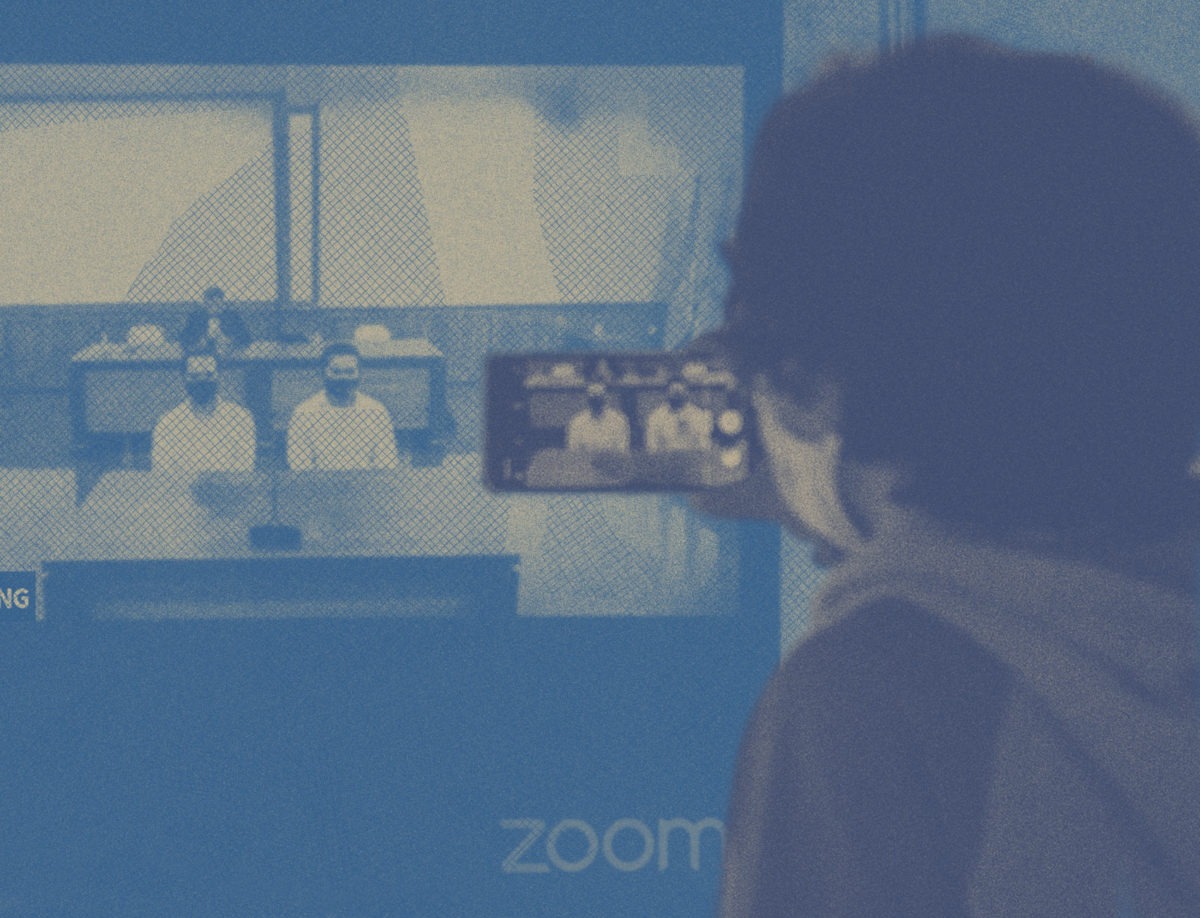
Precautions meant to minimize the spread of COVID-19—like remote hearings by video conferencing—have drastically changed the way people experience the judicial process, leaving some at a distinct disadvantage.

California watchdog agency that repeatedly warned of “dire consequences” of prison overcrowding urges lawmakers to implement reforms; human rights org tweets “keep-you-up-at-night horrifying” stories from Georgia jail; and we map out four days of coronavirus outbreaks.

COVID-19 tears through a Texas prison for medically fragile women; California prisons are flattening the curve on new diagnoses, but deaths continue to climb; and the ACLU finds jails releases haven’t led to an increase in crime.
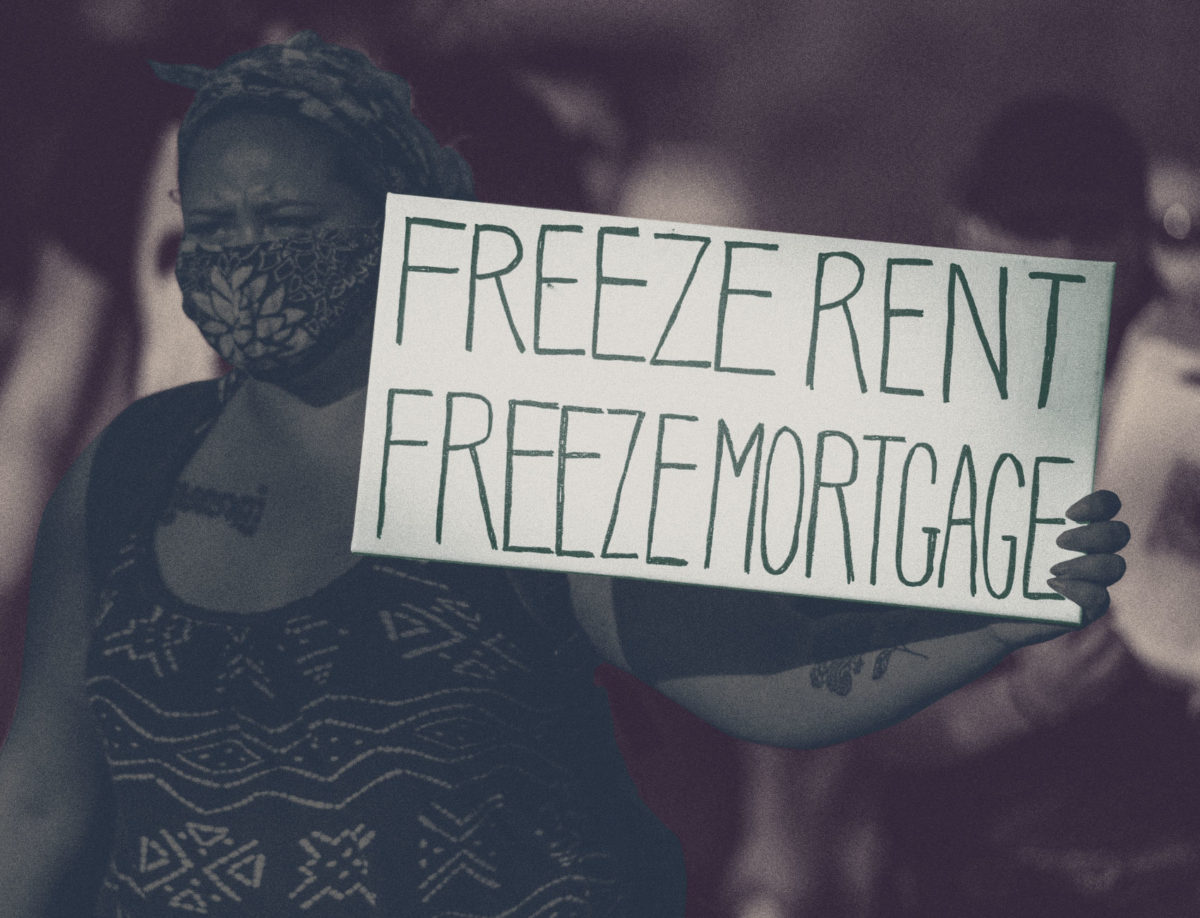
Housing rights activists in California are pushing for taxation of rich residents to help the hundreds of thousands of people who may be at risk of losing housing after COVID-19 eviction restrictions end.
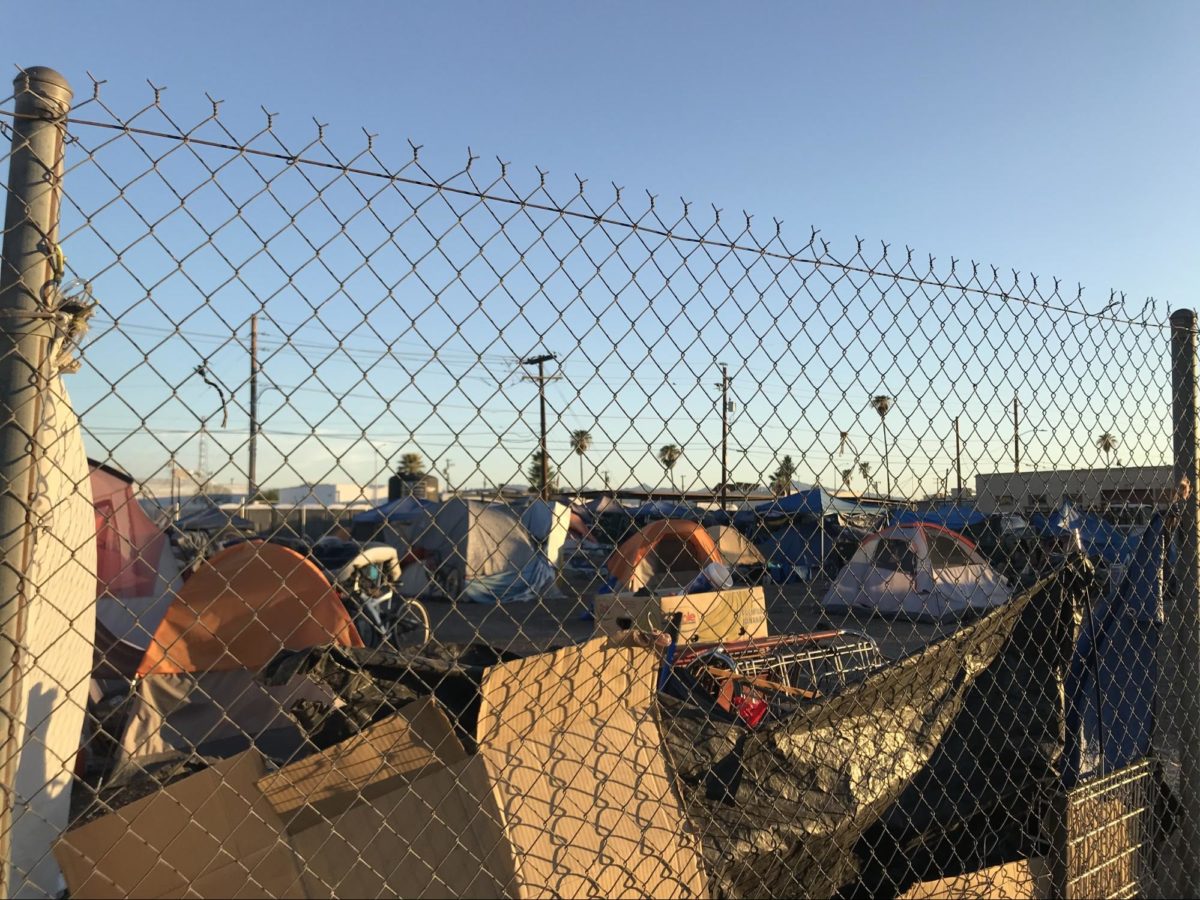
Hundreds were forced from an encampment to fenced-in, asphalt parking lots with no shade in Phoenix’s triple-digit summer heat. At least three people have died.
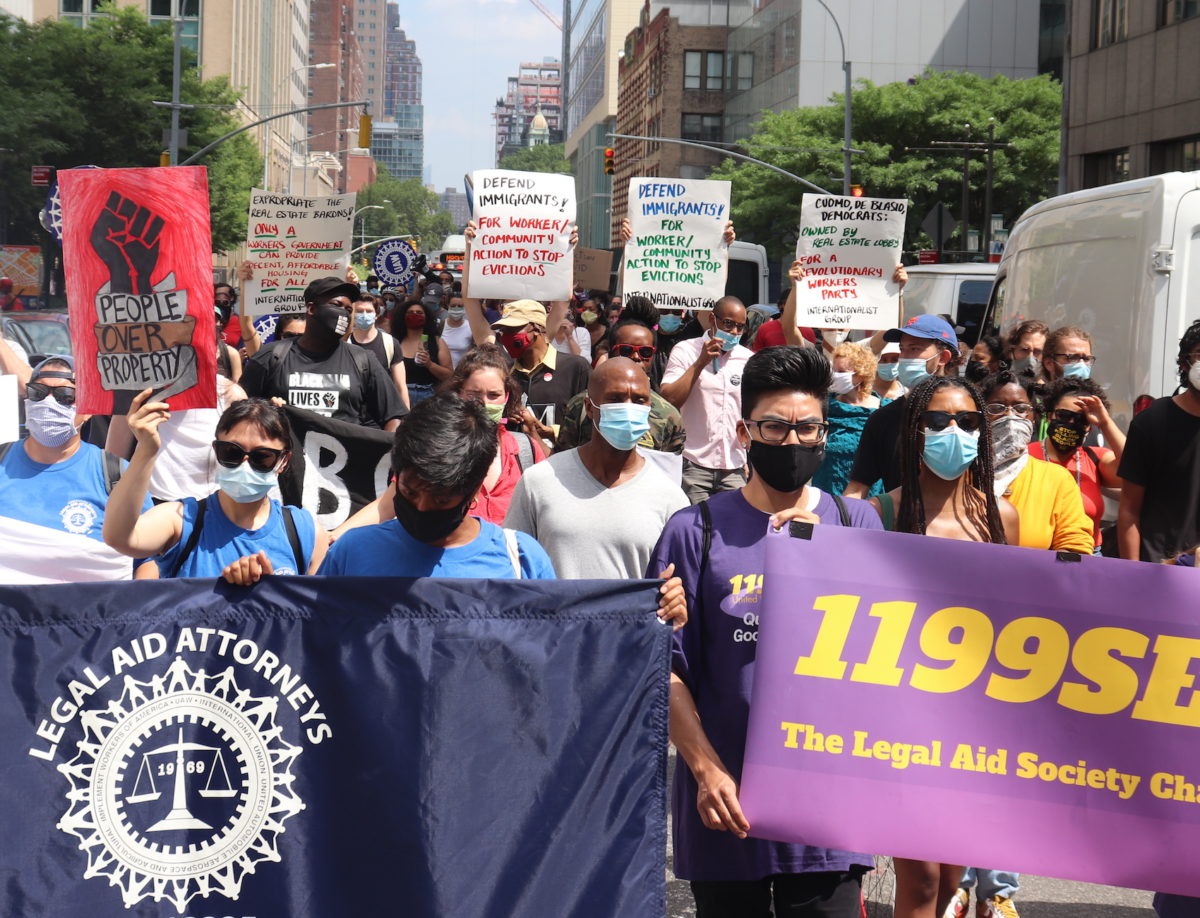
The advocates describe the reopening as unsafe and unnecessary amid the COVID-19 pandemic.

All lawmakers have a duty to use every available lever to reduce the number of people in prison, whether by compassionate release or expanded use of furloughs or some other mechanism. Taking these steps will demand immense political courage. But not doing it means consigning people—some just months away from release—to die preventable deaths.
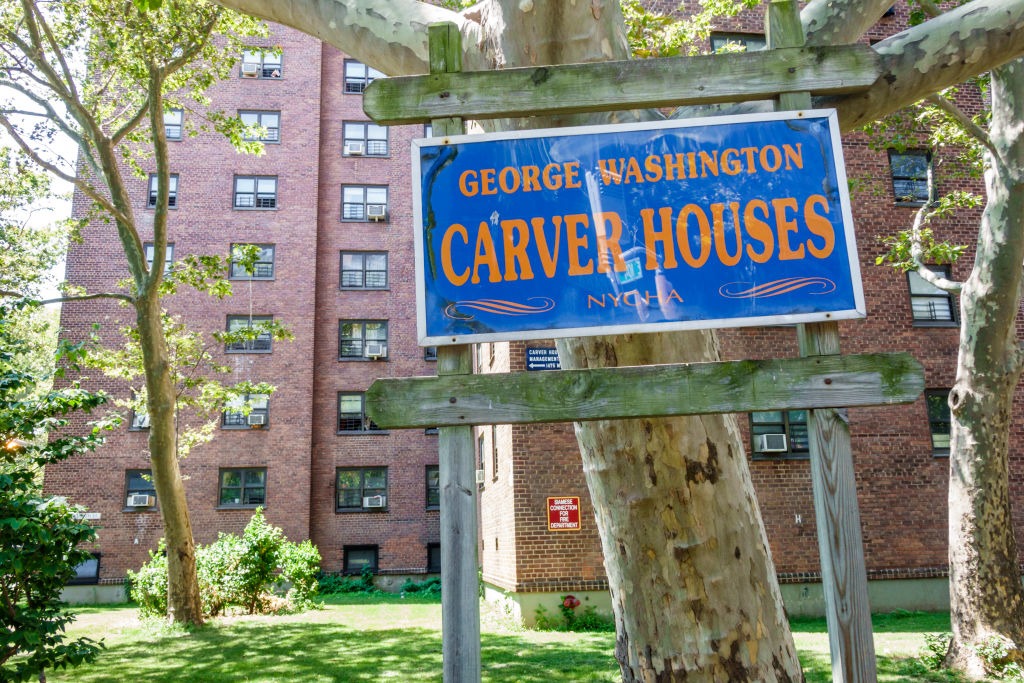
As thousands of people are freed from local jails, a group of nonprofits and activist organizations says the city’s housing authority must revamp its policies that banish the formerly incarcerated.
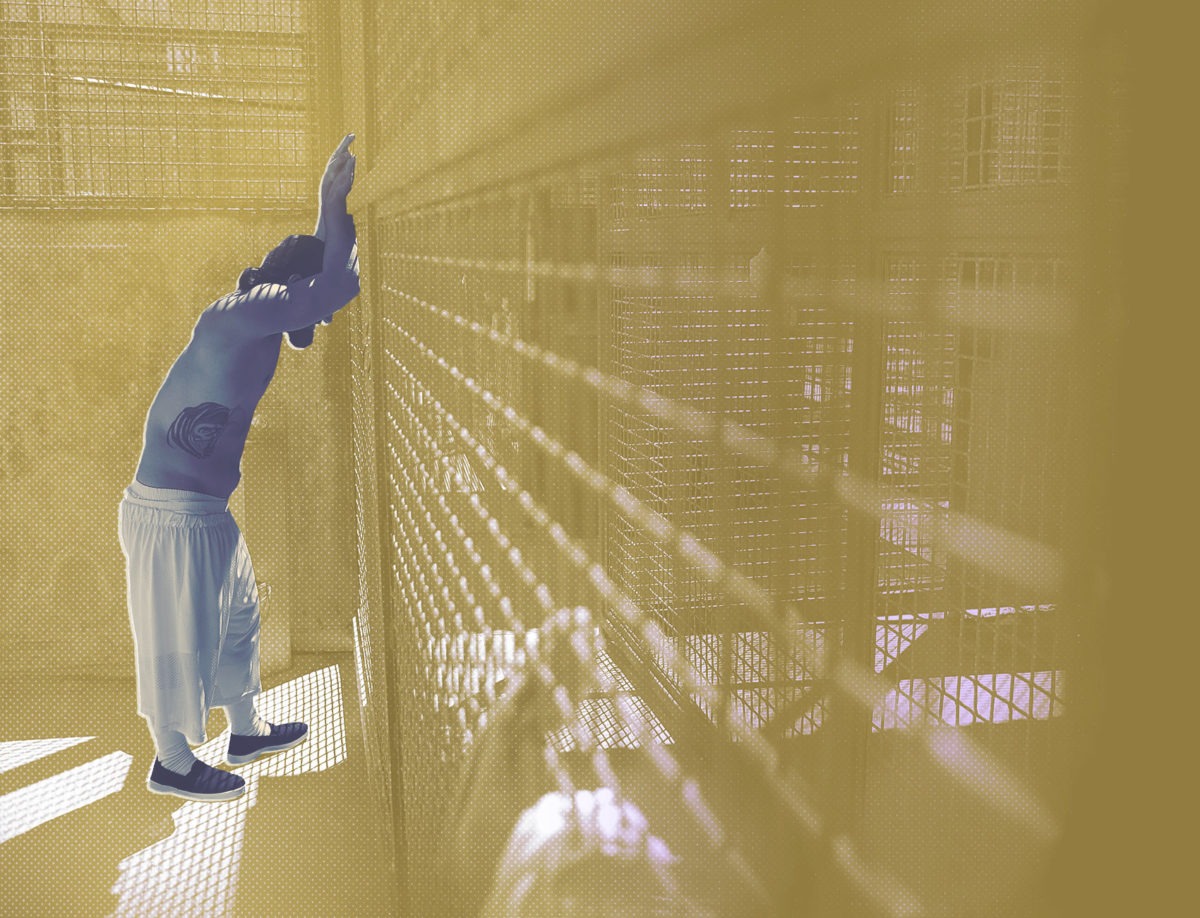
All but nine of California’s 35 prisons house more people than the facility was designed to hold.

Prisons that have lagged on releasing people have also seen significant COVID-19 outbreaks, one Indiana sheriff is spending his CARES Act money on high-tech virus prevention tools and California’s corrections chief says he’ll crack down on staff who refuse to wear masks.
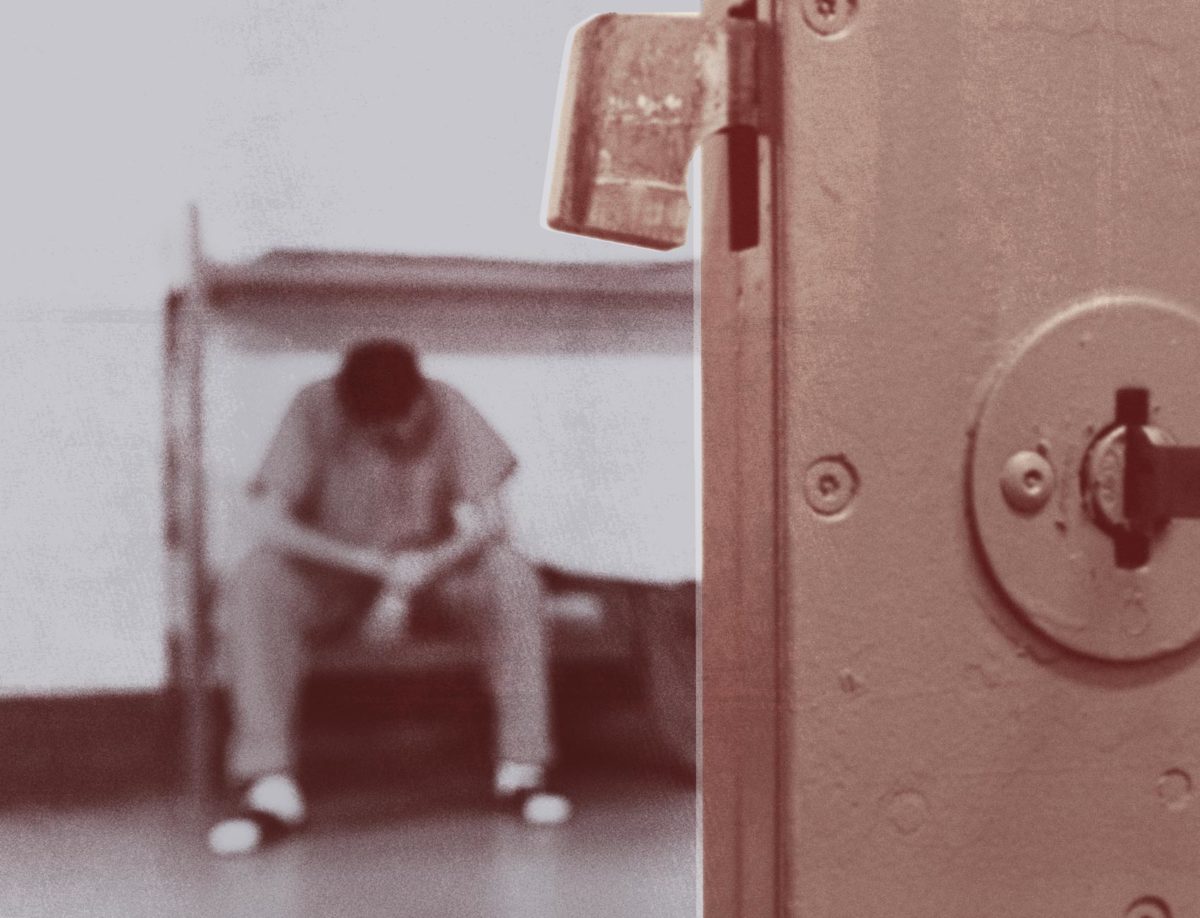
How governors respond to this pandemic will define their legacy. They all face a choice: save lives in prisons now, or hand down potential death sentences with their inaction and watch harm ripple through communities and exacerbate inequities into future generations.

There are nearly 1,000 new cases at Seagoville Federal Correctional Institution in Texas, the Cook County Jail gets praise for its COVID-19 response, and California’s jail oversight board announces plans to collect and publish county-level data.

Today’s update focuses on major outbreaks in two state prisons in tiny Buckingham County, Virginia that in June gave it one of the highest per-capita COVID-19 infection rates in the U.S.
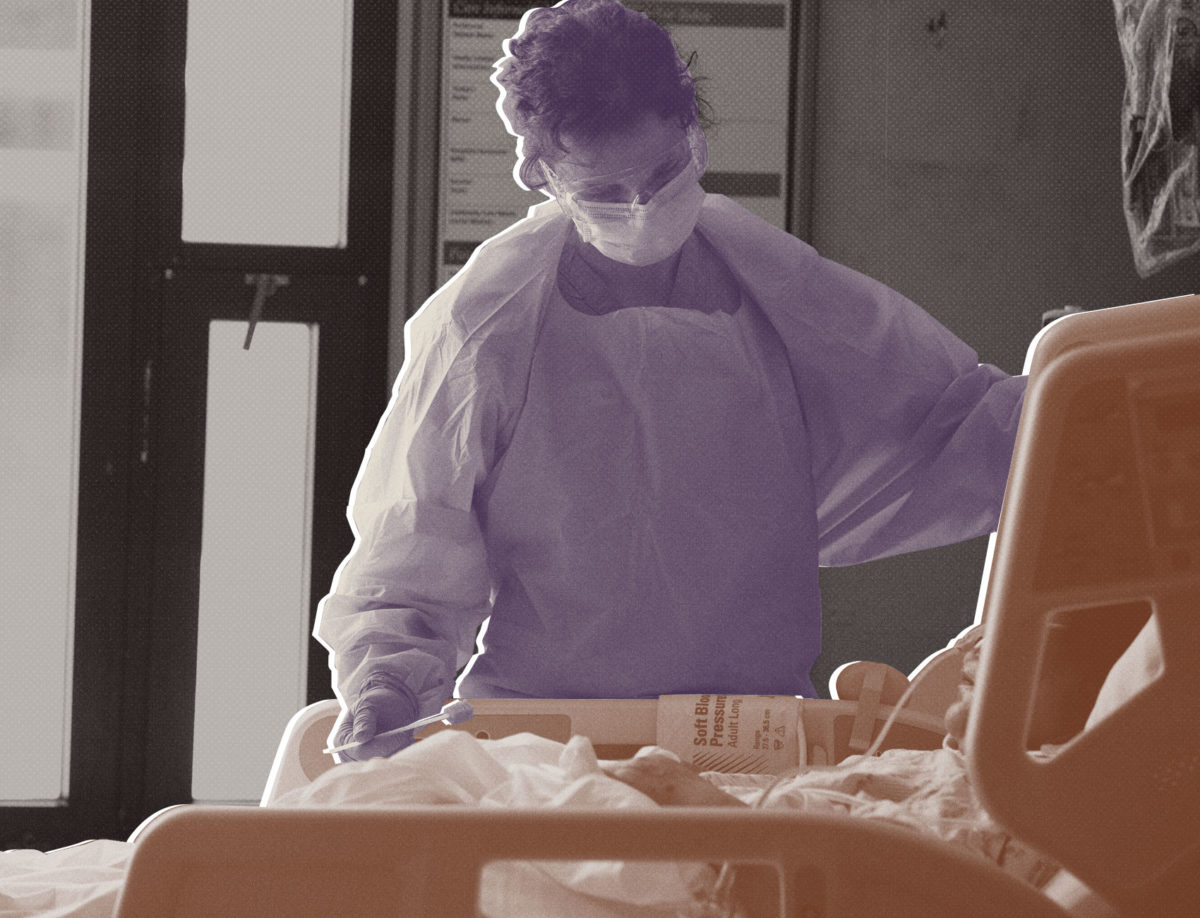
Organizations in New York City have stepped in to help families with funeral costs and related matters in communities hit hard by the disease, but their money and resources are strained.

Geriatic prison with the most deaths in Texas has a years-long history of neglect, Kentucky corrections officials won’t say how many people they’ve tested for COVID-19, and an outbreak at a remote Oregon prison grows from 20 to 120 cases in less than a week, all as Gov. Kate Brown has refused calls to decarcerate the state’s prison system.
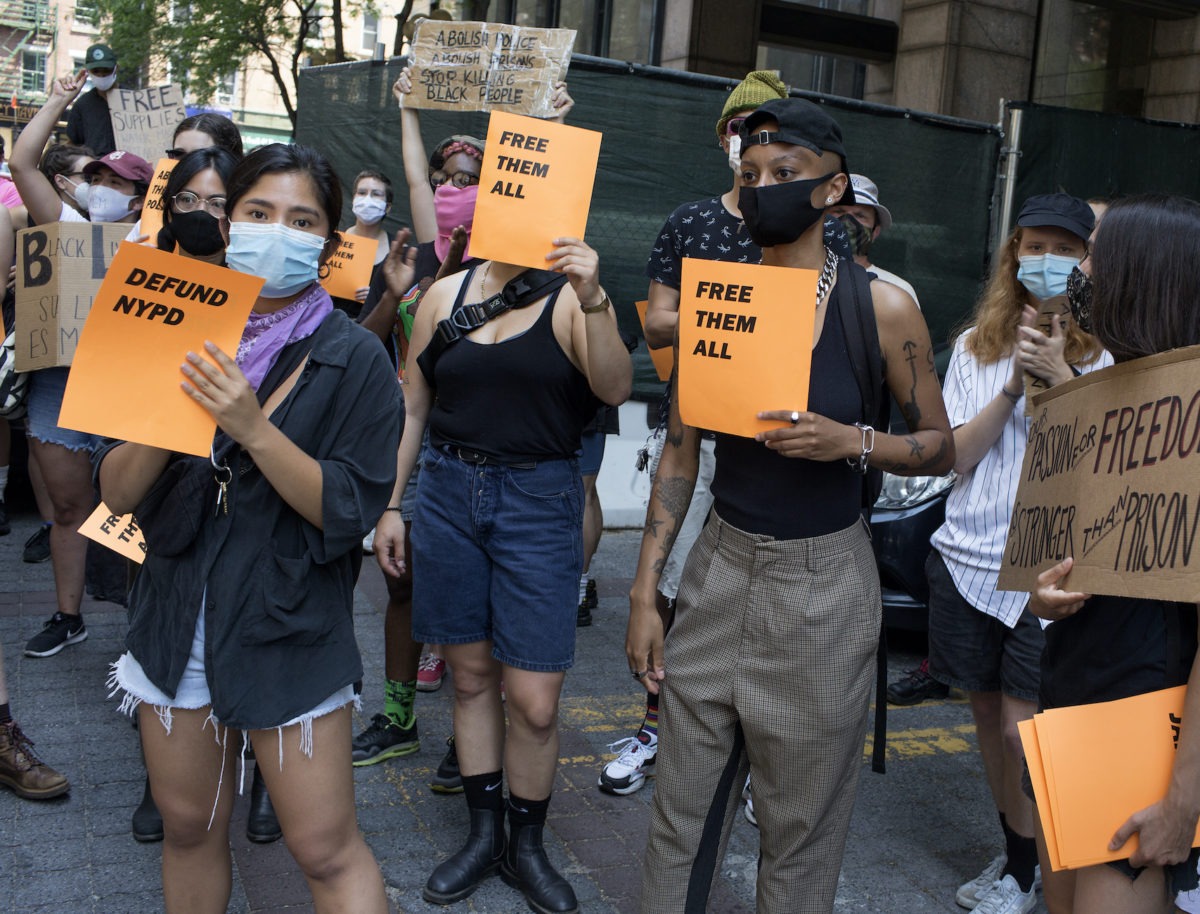
The COVID-19 pandemic and nationwide protests over police brutality are strengthening the case against mass incarceration, advocates argue.
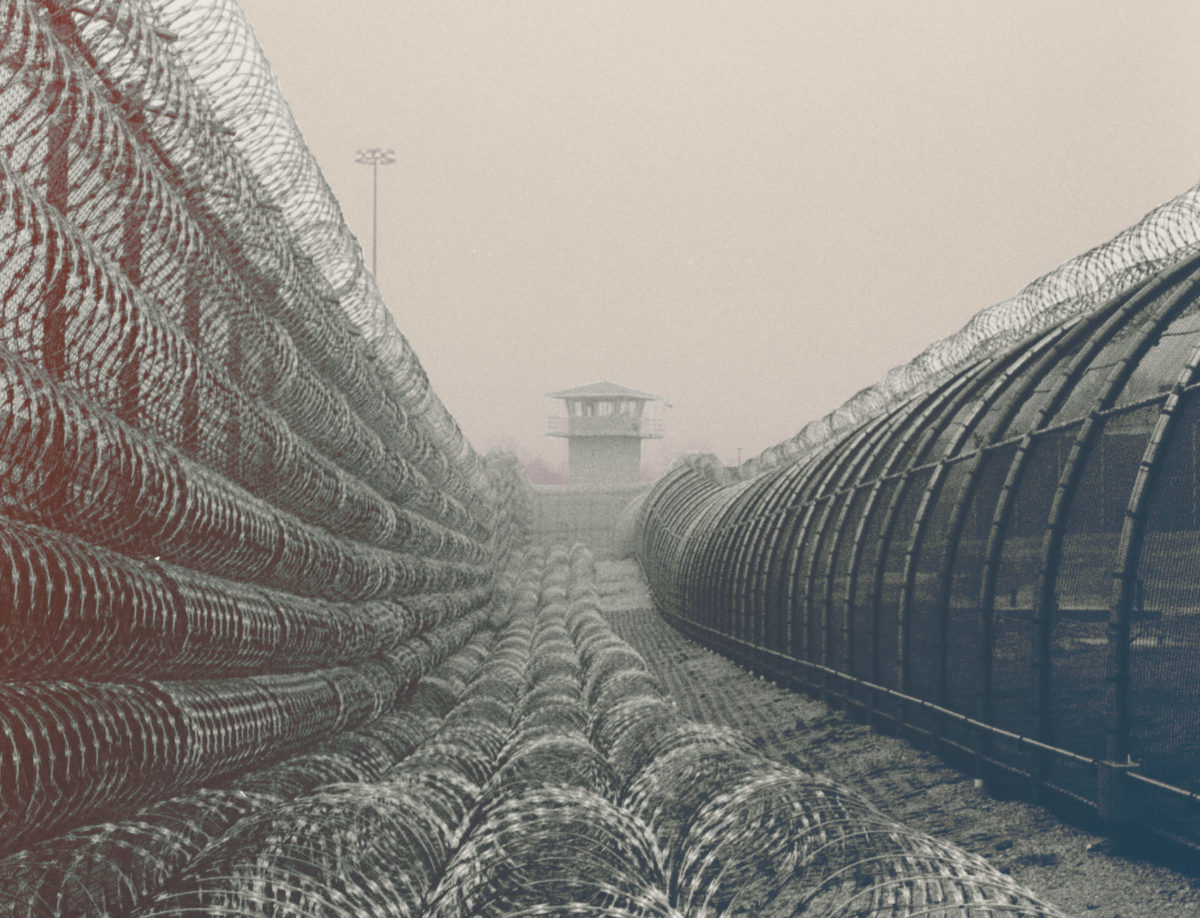
An Appeal analysis shows that the percentage of people held without bond remains steady, at roughly 33%, although arrests are down during the pandemic.

Critics say California’s release plan is an inadequate response to the COVID-19 outbreak in the state’s prison system, 42 percent of Louisiana prisoners tested for COVID-19 are positive, and conditions at Texas and Indiana prisons get the attention of lawmakers.
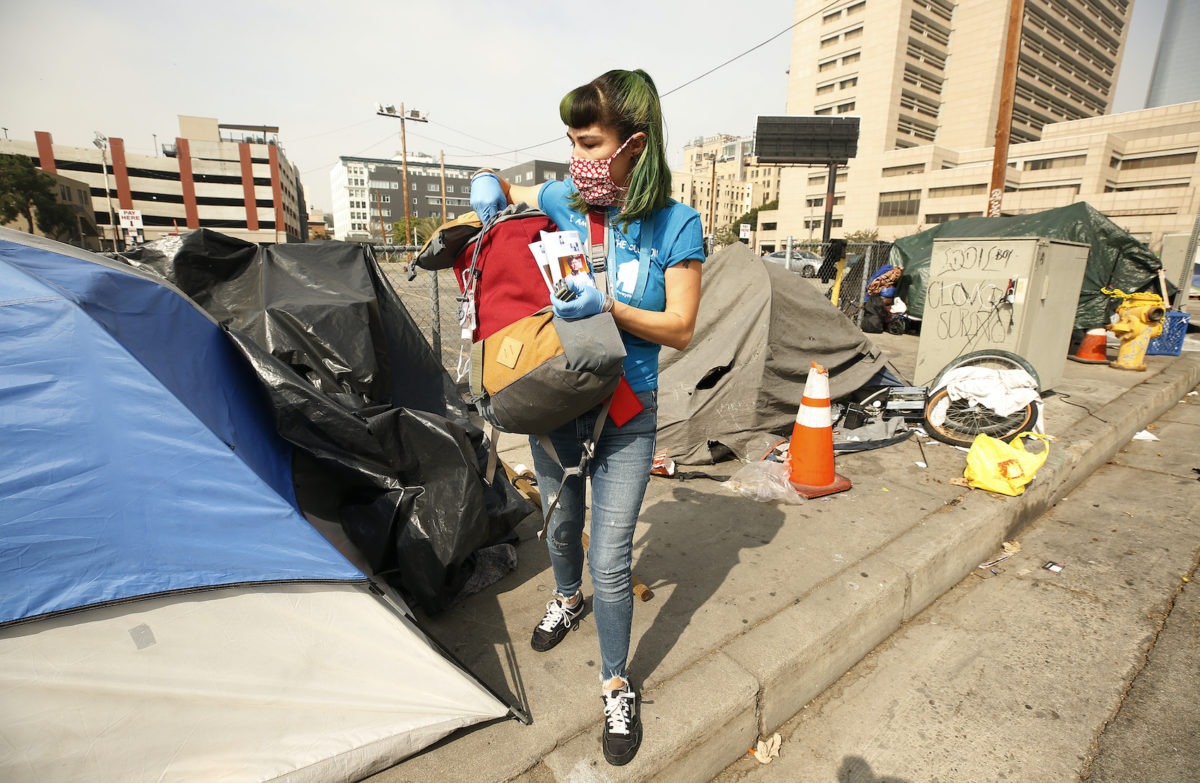
As a ‘heat dome’ descends on much of the country and local governments scramble to provide safe refuges, concern grows over the effect of a disease that has ‘totally demolished the homeless people.’

A new report finds that too many kids, particularly Black youth, continue to be held in dangerous juvenile detention facilities; California prison officials refused offers of free testing before and during San Quentin outbreak; and Gov. Gavin Newsom announces plans to release 8,000 incarcerated people.

New data obtained through a Freedom of Information Law request paint a dire picture of New York City COVID-19 testing in its jails.

A new multimedia campaign seeks to amplify voices of people incarcerated in Maryland’s Prince George’s County Jail, a GEO Group stockholder sues the for-profit prison company over its ’woefully ineffective’ COVID-19 response, and widespread testing is turning up thousands of new infections.